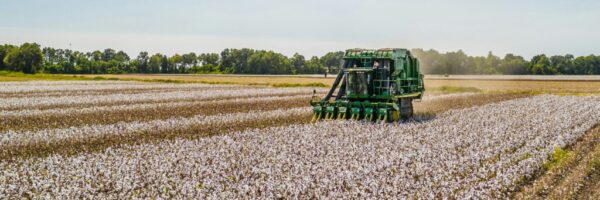
“Clear evidence” of greenhouse gas dangers cited amid Trump move to undo regulations
By Shannon Kelleher
Scientists and public health advocates are warning of dire consequences amid a worsening climate crisis following the Trump administration’s announcement this week that regulators plan to rescind the “endangerment finding” that forms the basis for limits on greenhouse gas emissions.

Modest solar boost could cut US CO2 by 8.5 million tons
By Brian Bienkowski
Boosting US solar power by 15% could reduce annual carbon dioxide emissions from the nation’s electricity sector by more than 8.5 million metric tons, the equivalent of removing the emissions of nearly two million gas-powered cars annually, according to a new study.

Perdue keeps breaking law by improperly disposing of PFAS-laced waste, Maryland residents allege
By Shannon Kelleher
In the latest move to combat contamination of a Maryland community’s drinking water, two Salisbury residents allege Perdue Agribusiness is violating federal law by failing to properly dispose of waste that contains toxic PFAS chemicals, according to a lawsuit filed July 25.

US oil production on federal lands reaches record high. Will it last?
By Brian Bienkowski
Crude oil production on federal lands in the US is at a record high, increasing sixfold over the past 15 years, according to a new report from the US Energy Information Administration (EIA).

Trump AI plan would “ramp up exploitation” of people and the environment, advocates warn
By Shannon Kelleher
The Trump administration this week released a plan to fast-track the growth of artificial intelligence (AI) in the US, delighting tech groups while alarming environmental advocates who point to the industry’s toxic emissions, high water usage and heavy reliance on fossil fuels.

EPA’s move to greenlight controversial dicamba herbicide sparks outrage
By Carey Gillam
In the latest reversal of American environmental protections, US regulators said this week that they plan to approve a trio of new herbicide products made with dicamba, a controversial chemical that has wreaked havoc across farm country and sparked years of litigation, and twice drawn court-ordered bans.

After contentious US committee vote, Bayer and allies a step closer to new federal protections for pesticides
By Carey Gillam
A group of US lawmakers failed on Tuesday to beat back a provision in a congressional appropriations bill that would help protect pesticide makers from being sued and could hinder state efforts to warn about risks of pesticide products.
WATCH: Controversial water contamination report targets Iowa agriculture
A controversial Iowa water safety report has confirmed what many people in the state have long feared to be true: Dangerously high levels of farm chemicals, including nitrates and pesticides are polluting waterways with potentially dire health consequences for hundreds of thousands of residents.

Q&A: A feared return to the “dark ages of science” seen in EPA’s dismantling of research unit
By Meg Wilcox
The Environmental Protection Agency (EPA) confirmed on Friday a plan to eliminate its science research arm in a move critics say will significantly undermine protections for human and environmental health.

New maps reveal 73 million people exposed to PFAS in US drinking water above EPA standards
By Shannon Kelleher
Over 73 million people in the US are being exposed to toxic PFAS chemicals in their tap water, according to an analysis of data from a US Environmental Protection Agency (EPA) water monitoring program.